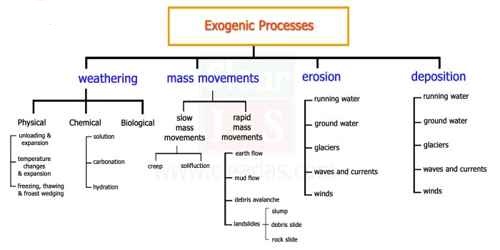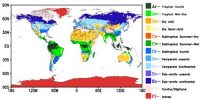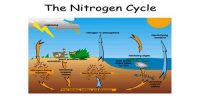Exogenic Process
The exogenic processes derive their energy from atmosphere determined by the ultimate energy from the sun and also the gradients created by tectonic factors. They are genetically related to the atmosphere, hydrosphere and biosphere, and therefore to processes of weathering, erosion, transportation, deposition, denudation etc.
Gravitational force acts upon all earth materials having a sloping surface and tend to produce movement of matter in down slope direction. Force applied per unit area is called stress. Stress is produced in a solid by pushing or pulling. This induces deformation. Forces acting along the faces of earth materials are shear stresses (separating forces). It is this stress that breaks rocks and other earth materials. The shear stresses result in angular displacement or slippage. Besides the gravitational stress earth materials become subjected to molecular stresses that may be caused by a number of factors amongst which temperature changes. crystallization and melting are the most common. Chemical processes normally lead to loosening of bonds between grains, dissolving of soluble minerals or cementing materials. Thus, the best reason that leads to weathering, mass movements, erosion, and deposition is development of stresses in the body of the earth materials. As there are different climatic regions on the earths surface the exogenic geomorphic processes vary from region to region. Temperature and precipitation are the two important climatic elements that control various processes.













